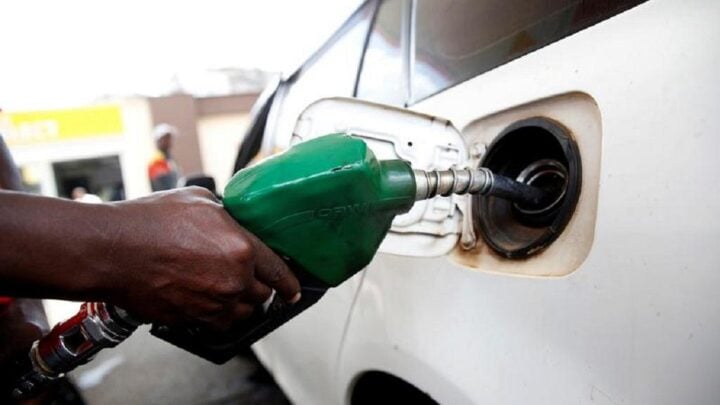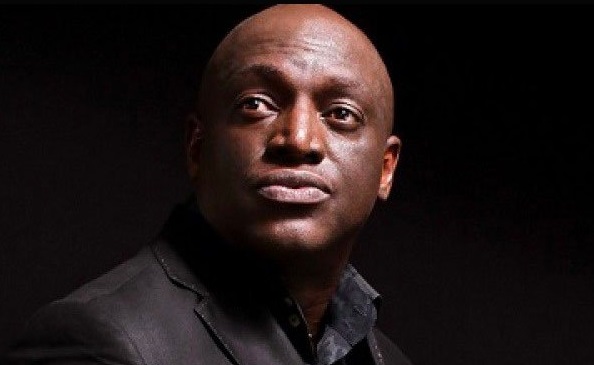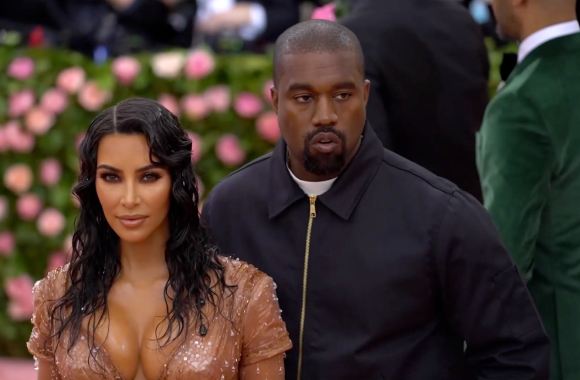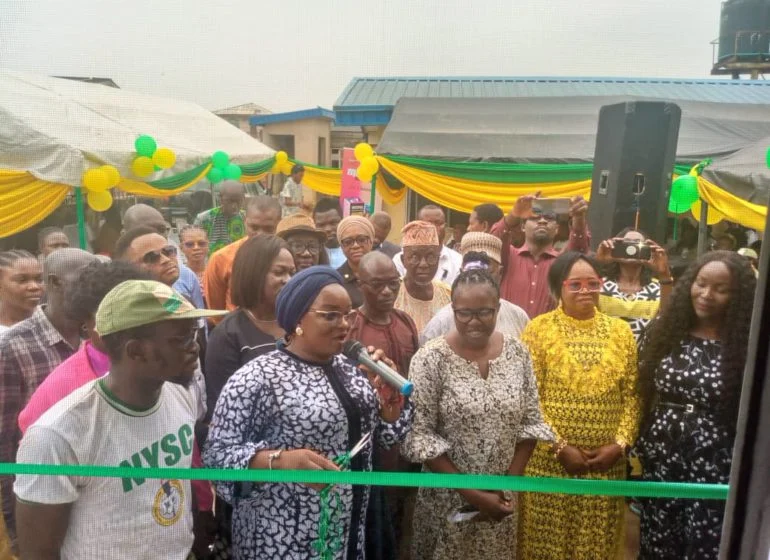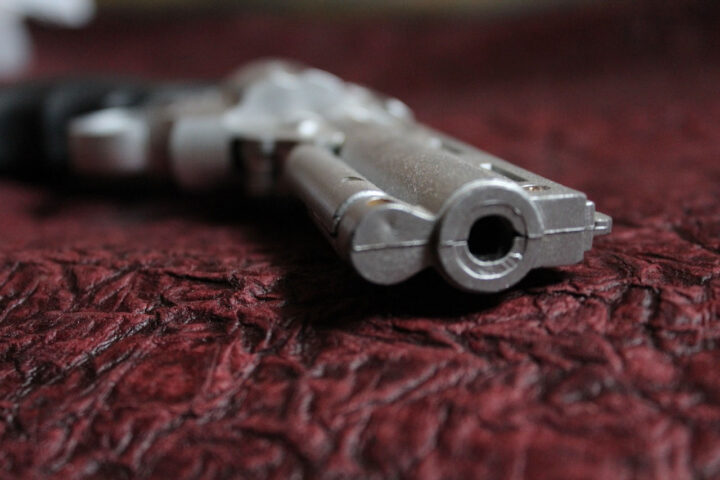The question of fuel (petrol) subsidy in Nigeria has been one that has been raised, times without number, and would continue to be, in the foreseeable future. Although, those who normally raise it know the answer to it, they have consistently refused to give it, at least, correctly. Not even President Muhammadu Buhari, who is styled “Mai Gaskiya” (the truthful one) by his admirers, has been able to come clean, as far as, providing a sincere answer is concerned.
This is despite him asserting, pre-2015 general election, that fuel subsidy regime in Nigeria is a scam, with the rhetorical question; “who is subsidising who”? According to the president, Nigeria has no business, being involved in the importation of fuel, let alone, having to subsidise it because there are four local refineries (two in Portharcourt, one in Warri, and another in Kaduna), to cater to the nation’s domestic demands for Petroleum products.
He asked that rhetorical question to deride his predecessor(s). Yet, he came into office only to sustain the payment (for subsidy) and even surpass the established records of volume and lack of transparency in the regime. Not many people disbelieved him then because, having served as a Federal Commissioner (an equivalent of today’s Minister) for Petroleum Resources in the 70s, Nigerians believed they were listening to someone who knew what he was talking about.
They believe the person talking is someone who should know and should be listened to. But seven-and-a-half years down the line, everything that was wrong with the subsidy regime has gone notches higher than it was before 2015. The Minister of Finance, Budget and National Planning, Zainab Ahmed, had said that going by current trends, as opposed to about two years ago when the Federal Government government spent about ₦450 billion, the government would spend, close to ₦7 trillion on petrol subsidy payments in 2023 alone, most of which would be borrowed, in the next financial year.
Advertisement
The reported volume of fuel consumption has increased, thus causing a proportionate increase in money, purportedly spent on subsidy, without a commensurate benefit to the target population. There was a spat between the Nigerian National Petroleum Company (NNPC) Limited, and the Nigerian Customs Service (NCS) recently, on the volume of Petroleum products, purportedly subsidised for Nigerians, being smuggled across the border to neighbouring countries, yet, no one is raising a finger to address the issue of cross-border smuggling that has been identified as being responsible. NNPC said Nigerians consume 60 million litres of fuel per day, but the NCS asked, why does the company lift 98 million litres into the market every day?
An average Nigerian has been socialised into believing that, the subsidy is the only thing he benefits from the State, and that any attempt to remove would be tantamount to a denial of his “right to life”. But that is far from the truth. Recently, I have had the privilege of listening, live (face-to-face) to a sitting Governor speak on the need to remove fuel subsidies if we do not want Nigeria to go, completely insolvent. That was, days after the matter came up for discussion at the Federal Executive Council (FEC). His view was so compelling that, even, the “subsidy thieves” would not have been able to controvert it.
He said subsidy is a scheme that has had a very contradictory effect on those it is intended to benefit. In his words, “subsidy benefits mostly, rich people in only three or four States, namely; Lagos, Rivers, Kano and Abuja, where there are, the highest concentration of vehicle owners in Nigeria. He stated that, for instance, the number of vehicle owners in States like Gombe, Benue, Zamfara, and Ebonyi combined is not up to half of the vehicle owners in Lagos alone. In such a case, money pumped into subsidising fuel consumption, that should have gone into building roads, hospitals, schools among other social amenities would be subsidising the lifestyles of these urban dwellers who ostentatiously own more vehicles than their family actually need”. Taking a detached look at the Governor’s explanation, it makes a lot of sense. But the question is, who bells the cat? Who will take the bull by the horn, and free Nigeria, and indeed, Nigerians from the shackles of the “scam”, called subsidy?
Advertisement
Politicians, including president Buhari who many people say, is not your everyday “politician”, have played politics with the issue of subsidy so much that, Nigerians hardly ever expect any form of sincerity in the handling of the matter. But here comes a season when politicians make bogus promises, that even they, themselves, know that they cannot, or would not fulfil. It is the season of the campaign for the presidential election when all the candidates would be waxing lyrical as to how they would turn Nigeria into an El Dorado within their first few months of assumption of office. Therefore, none of them dares risk telling the truth on subsidy as it affects the need to remove it, to allow the interaction of the market forces of demand and supply to determine the pump price. Such a line of action carries with it, a massive political penalty. But, to my pleasant surprise, I have never heard any of the major contenders in the race for the presidency who says he will retain subsidy if elected to succeed President Muhammadu Buhari.
From Tinubu of the All Progressives Congress to Atiku of the People’s Democratic Party, Peter Obi of the Labour Party, to Rabiu Musa Kwakwanso of the New Nigeria People’s Party, it’s been a pleasant story of presidential honesty. Nigerian politicians have never been that honest since I have been a student of “Contemporary Nigerian History and Politics”. For the first time, candidates are telling Nigerians to brace up for tougher times ahead because there is no how subsidy would not be removed on petrol. What it simply means is that, what Nigerians are going through at the moment, would be up, by a notch.
I must state that I as a person, share in the optimism that we’d get things right at the end of the day, but not before, things get a little tougher. “Water go find im level”- things would normalise, in due course, but we must embrace that very decision, and damn the consequences. Nigerians, especially those who derive joy in displaying opulence in the midst of squalor, will adjust. They must adjust. Over a hundred million Nigerians who live below the poverty line are down already, and therefore, fear no downfall. I am that certain because, during the last petrol scarcity that culminated in the current price of ₦240 per litre, at a mosque where I observed my Juma’at, there was a man, who is high-ranked in the public service. His family would attend Juma’at with about four vehicles, but during that period, they made do with one Toyota Sienna, and none of them died.
What that means is that they can make do with less than four vehicles, and still not be less human. But because of the cheapness of petrol, thanks to subsidies, many vehicles must be on the road at the same time, conveying not more than six people to the mosque. It is therefore very instructive and suggestive that, Nigerians can, (and will have to) adjust to the impending reality of the socio-economic life, without subsidy. Businesses will find it very harsh initially but will cope, by the time the market forces of demand and supply take charge. A state of equilibrium will, as a matter of course, be attained.
Advertisement
Join me, as I savour the pleasure of listening to our presidential candidates tell Nigerians what they need to know or hear, rather than what they want, or like to hear.
Abubakar writes from Ilorin. He can be reached via 08051388285 or [email protected]
Add a comment

